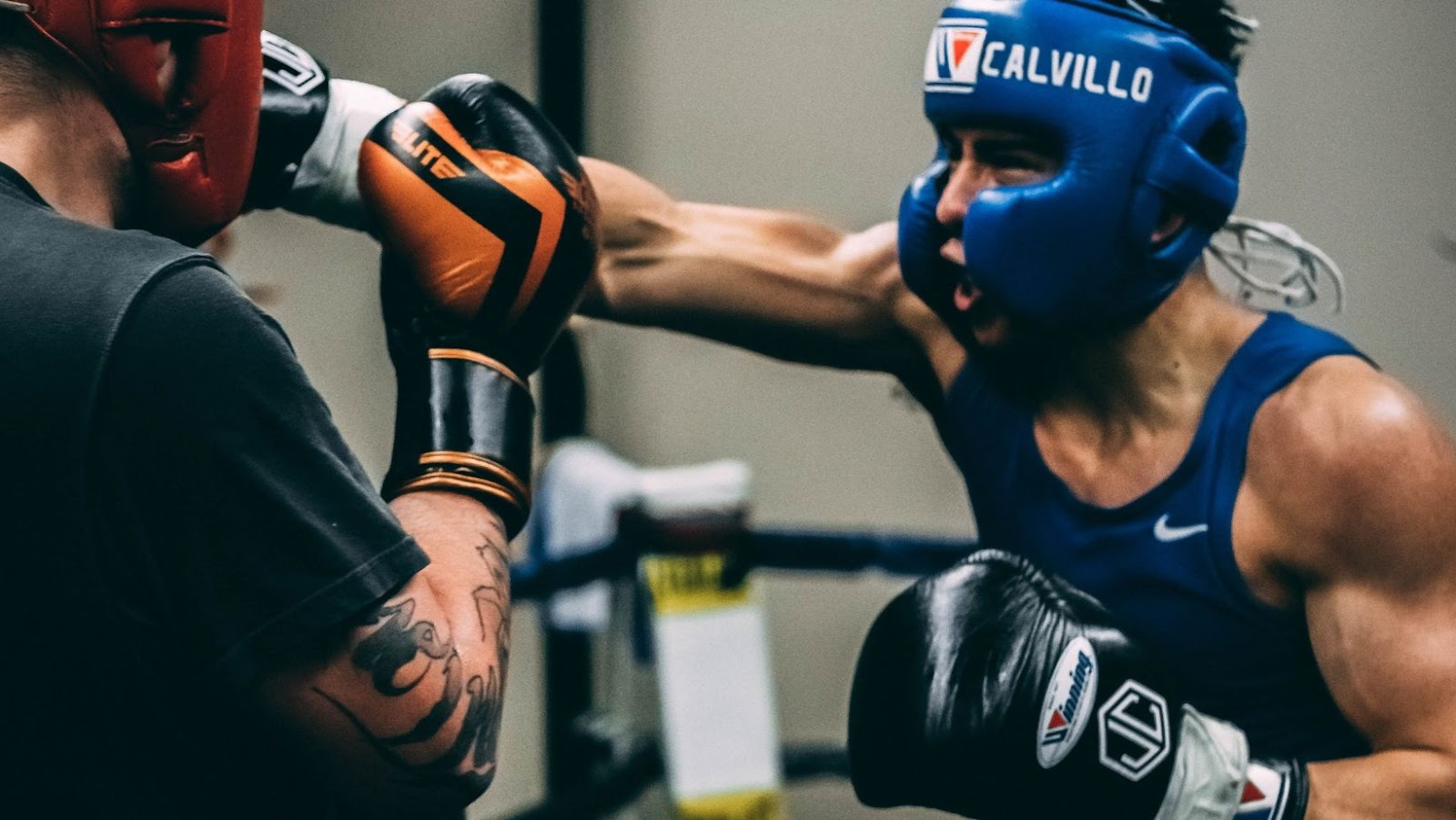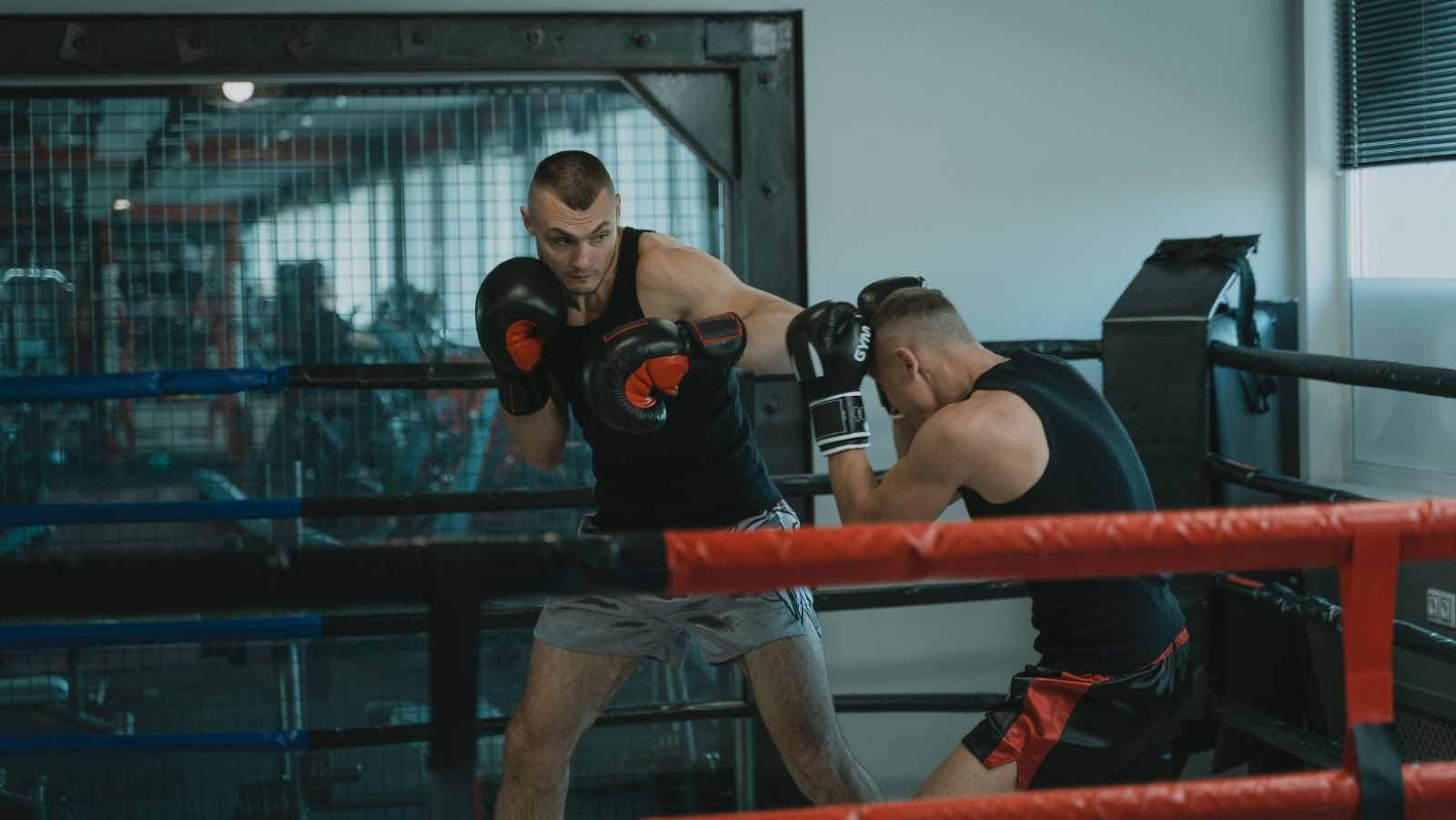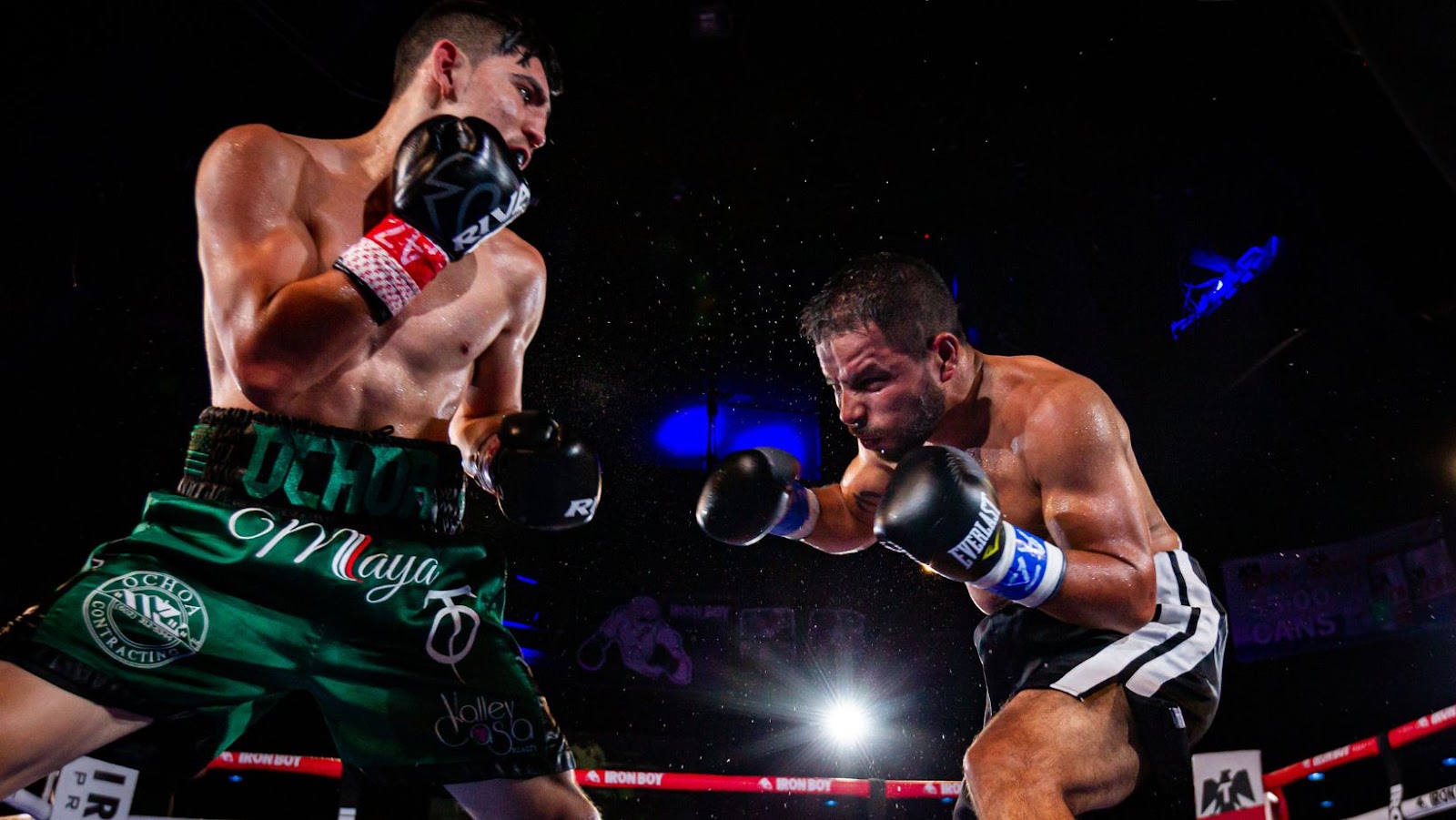The sport of boxing has been a part of the Olympic Games since their inception in 688 BC. The 2020 Tokyo Olympics will be the first time that boxing is not included as an official sport. This has led to much debate about the social impact of the decision.
What is the Social Impact of Boxing in the Olympics?
Since its inception in the late 19th century, boxing has been a mainstay of the Olympic Games. The sport has been included in every edition of the Summer Olympics since 1904, with the exception of the 1912 Games in Stockholm, and has been part of the Winter Olympics program on four occasions. Boxing is one of only a handful of sports that have featured in both the Summer and Winter Olympics.
While boxing is a popular sport around the world, its inclusion in the Olympic Games has not always been uncontroversial. In recent years, there have been calls for the sport to be dropped from the Games, with some arguing that it is too dangerous and does not belong in a competition that is supposed to be about fair play and sporting excellence.
What do you think? Is boxing a valuable part of the Olympic Games, or should it be dropped?
How has Boxing in the Olympics Changed Over Time?
Boxing has been a part of the Olympic Games since the inaugural event in Athens in 1896. Since then, the sport has undergone several changes, both in terms of its rules and its popularity.
One of the biggest changes to boxing in the Olympics came in 2013, when the International Boxing Association (AIBA) implemented a new scoring system. The new system was designed to make the sport more exciting and fairer for all fighters.
Under the old scoring system, judges would award points for every punch that landed on an opponent. However, this often resulted in decision being made based on who landed the most punches, rather than who delivered the most effective blows.
Under the new system, judges will score punches based on their accuracy, power and landed location. This should result in more exciting fights and provide a better platform for skilled boxers to shine.
The other major change to boxing in the Olympics came in 2016, when women’s boxing was added to the program for the first time. This move was widely seen as a positive step forward for gender equality in sport.
Since its inception, boxing has been one of the most popular sports at the Olympic Games. It is currently one of only two sports (along with wrestling) that have been contested at every edition of the Games since 1896.
What are the Benefits of Boxing in the Olympics?
Boxing has been an Olympic sport since the inaugural Games in Athens in 1896, and it is one of the most popular sports with fans and athletes alike. The fast-paced, combative nature of the sport make it an exciting spectacle to watch, and the athletes that compete display exceptional skill, discipline and conditioning.

There are a number of benefits to having boxing included in the Olympic Games. First, it provides a platform for some of the world’s best boxers to showcase their talents on a global stage. This helps to increase awareness and interest in the sport, which can result in increased participation levels at all levels.
Second, boxing is an excellent way to promote physical activity and healthy lifestyles. The training and conditioning required to compete at a high level can inspire people of all ages to lead more active lifestyles.
Third, the addition of boxing to the Olympics can help to grow the sport’s popularity in new markets around the world. This can lead to increased investment and resources for the sport, which can benefit athletes, coaches and fans alike.
fourth, participating in the Olympics can be a great way for boxers to raise their profile and attract sponsorships. This can help them to secure better financial security and opportunities for their future.
Overall, there are many positive reasons why boxing should be included in the Olympic Games. The sport provides excitement, inspiration and opportunity for people all over the world.
What are the Challenges of Boxing in the Olympics?
While boxing has been an Olympic sport since 1904, it has been plagued by a number of controversies in recent years. These controversies have led some to question whether the sport is deserving of its place in the Olympic games.
One of the biggest issues facing boxing is the fact that there is no governing body overseeing the sport at an international level. This lack of organisation means that there is no unified set of rules that all boxers must follow. This can lead to confusion and controversy when different countries host Olympic events.
Another issue facing boxing is the perception that the sport is too dangerous for participants. This perception was exacerbated by the death of a young boxer, Magomed Abdusalamov, who died from injuries sustained during a bout in 2013. This tragedy led many to call for stricter safety measures to be put in place for Olympic boxing events.
The challenges facing boxing are significant, but the sport remains a popular and iconic part of the Olympic games. With over 100 years of history, it would be a shame to see boxing removed from the Olympics entirely.
How can the Social Impact of Boxing in the Olympics be Improved?
The social impact of boxing in the Olympics can be improved in several ways. First, the International Olympic Committee (IOC) can work with national governing bodies to ensure that boxers are treated fairly and receive adequate financial compensation. Second, the IOC can improve drug testing procedures to ensure that all athletes are competing on a level playing field. Finally, the IOC can provide more funding for grassroots initiatives aimed at developing young boxers in disadvantaged communities.
What are Some Examples of Successful Boxing Olympians?
One of the most successful Olympic boxers of all time is American Ray Leonard, who won a gold medal at the 1976 Summer Olympics. Leonard went on to have a stellar professional career, becoming world champion in five weight classes. In total, he won 37 of his 40 career fights.
Along with Leonard, other notable successful Olympic boxers include:
•Lennox Lewis (Great Britain) – won gold at the 1988 Summer Olympics, went on to become a two-time world heavyweight champion
•Vitali Klitschko (Ukraine) – won gold at the 1996 Summer Olympics, also became a world heavyweight champion
•Oscar De La Hoya (United States) – won gold at the 1992 Summer Olympics in the lightweight category, had a highly successful professional career winning 10 world titles in six different weight classes
What are Some Ways to get Involved in Boxing in the Olympics?
Boxing is a sport with a long and storied history, dating back to the ancient Olympic games in Greece. The modern sport of boxing was codified in the late 19th century, and has been an official part of the Olympic games since their revival in Athens in 1896.
Boxing is often seen as a controversial sport, due to its potential for violence and injury. However, it is also seen as a sport with great potential for positive social impact, due to its popularity in underserved communities and its ability to empower female athletes.

There are several ways to get involved in boxing in the Olympics. The first is to become a member of a national governing body for the sport, such as USA Boxing or Boxing Canada. These organizations are responsible for training and selecting athletes to represent their countries at the Olympic games.
Another way to get involved is to become a coach or referee for amateur boxing competitions. These competitions are often used as a stepping stone for athletes looking to eventually compete in the Olympics.
Finally, you can also support the sport by attending Olympic boxing events, or by donating to organizations that promote the sport globally.
Is Boxing in the 2020 Olympics
The International Olympic Committee (IOC) has provisionally included boxing in the program for the 2020 Summer Olympics, which will be held in Tokyo, Japan. However, the sport’s future prospects are uncertain, as boxing has been embroiled in a number of controversies in recent years.
One of the biggest issues facing boxing is the sport’s lack of transparency. For instance, there have been allegations of match fixing, as well as concerns about the scoring system used in competitions. In addition, there have been several high-profile incidents of head injuries in boxing matches. These factors have led some to question whether boxing is a suitable sport for the Olympics.
However, there is still significant support for boxing within the Olympic movement. The sport has a long history within the Games, and many believe that it is an important part of the Olympic tradition. Additionally, many boxers achieve great success and recognition at the Olympic Games, which serves to promote the sport around the world.
Only time will tell whether boxing will remain a part of the Olympic program beyond 2020.
